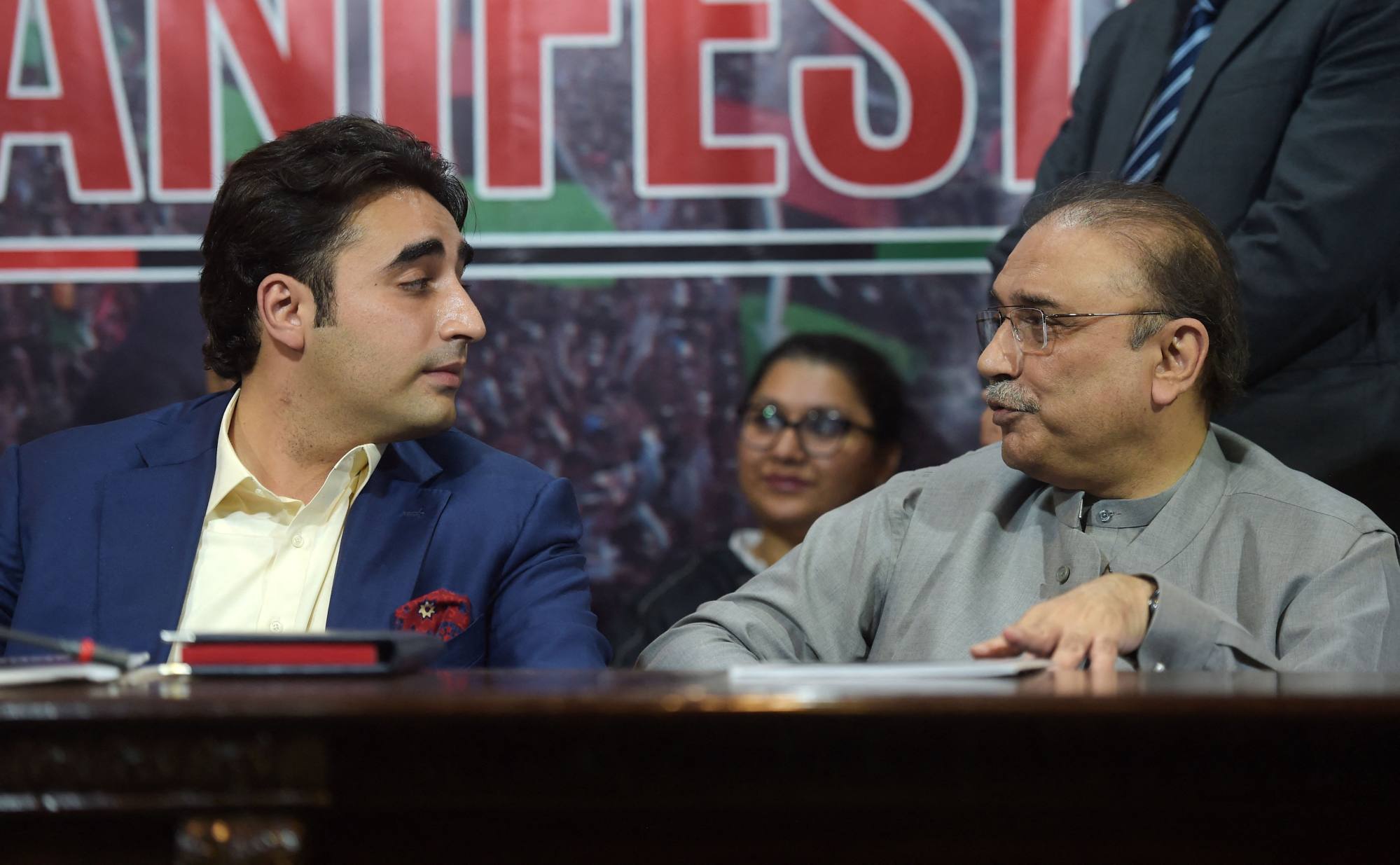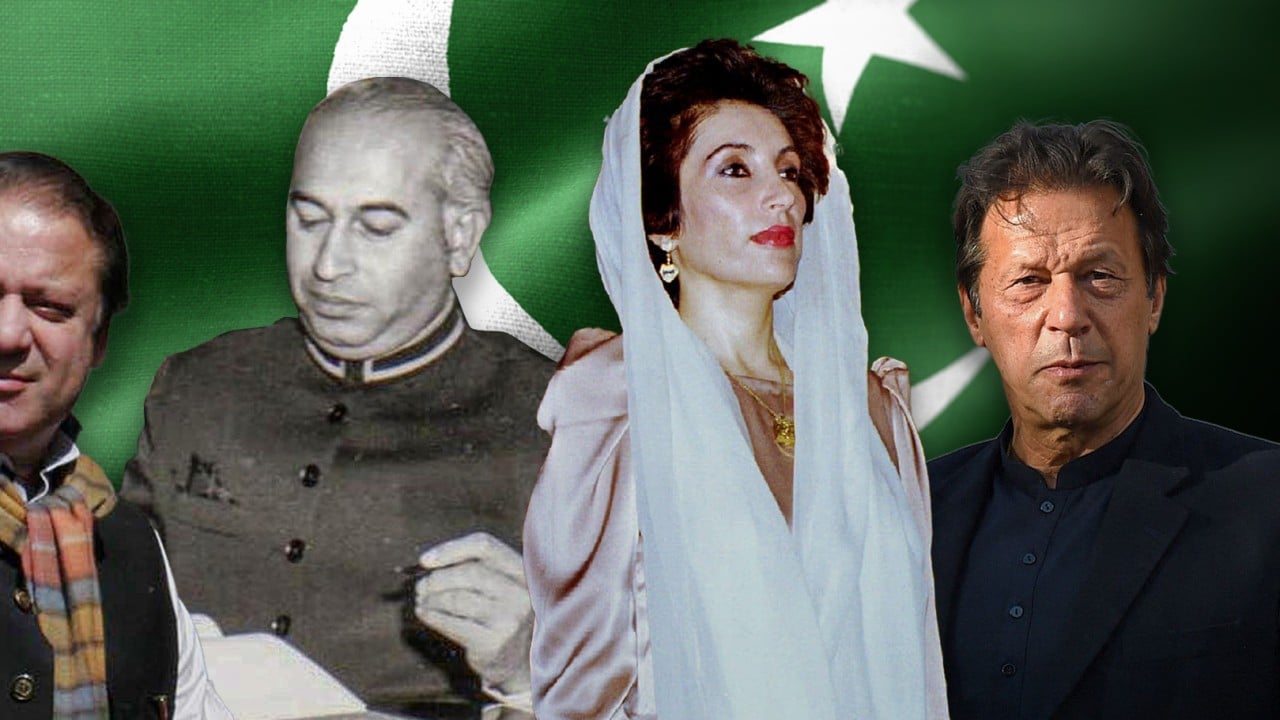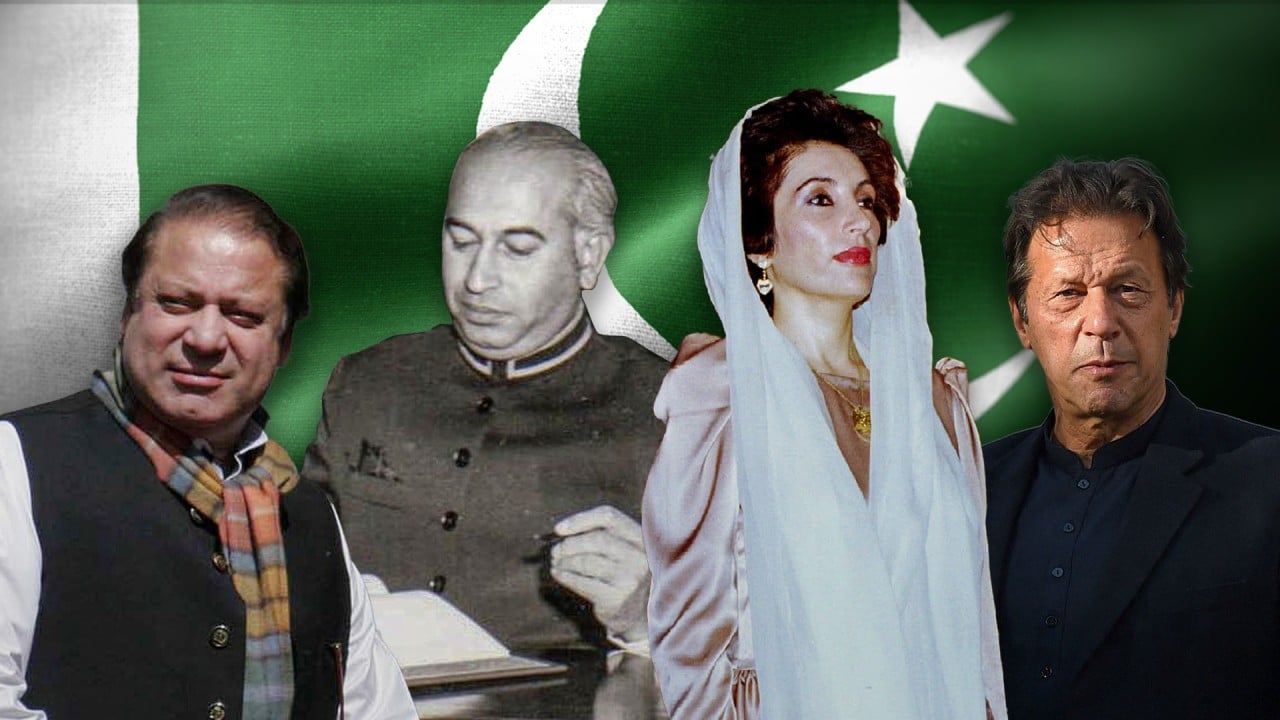Pakistan elects Asif Ali Zardari, widower of slain first female PM Benazir Bhutto, as president for second time
Pakistan on Saturday elected Asif Ali Zardari, the widower of slain first female prime minister Benazir Bhutto, as the country’s 14th president for next five years.
Zardari, the co-chairman of Pakistan Peoples Party (PPP), becomes the first civilian who is elected as president for a second term. He completed his first five-year term in 2013.
According to unofficial results announced by his son and PPP chairman Bilawal Bhutto Zardari, Zardari secured 411 votes after winning in national and three provincial assemblies.
The election was seen as smooth sailing for the candidate of the ruling alliance of at least six major political parties, including the party of three-time prime minister Nawaz Sharif.

Mahmood Khan Achakzai, chairman of Pashtoonkhwa Milli Awami Party from the southwestern province of Balochistan, had the support of former prime minister Imran Khan’s Pakistan Tehreek-e-Insaf (PTI).
Achakzai secured 181 votes, according to unofficial results.
The president is elected through a secret ballot by the electoral college comprising the Senate, the national assembly and four provincial assemblies.
Barrister Gohar Ali Khan, chairman of PTI, said Zardari’s election was “unconstitutional”.
The party is fighting a case for allocation of seats reserved for women and minorities in the assembly and has raised objections over the election.
Zardari, 68, was born in Karachi to Hakim Ali Zardari, head of a Sindhi tribe and politician. In 1987, he was married to Benazir Bhutto in an arranged marriage.
He is one of the most controversial political figures of the country who spent more than 10 years in jail and was labelled as “Mr 10 Per cent” for the alleged cut he took during his wife’s terms as prime minister.
Despite his reputation, Zardari led the party and won a sympathy vote after his wife was assassinated in a bomb and gun attack in 2007.
He took over as president in 2008. During his five-year tenure, Zardari successfully navigated numerous challenges, including threats from the Taliban, allegations of corruption and the military’s threats to carry out a coup.
Pakistan set for coalition after troubled election, as Sharif trails rival Khan
Pakistan set for coalition after troubled election, as Sharif trails rival Khan
One of the most formidable challenges for his government was dealing with the fallout of US drone attacks against Islamist militants.
His PPP had always tense relations with the military, and the US special forces operation to kill al-Qaeda chief Osama bin Laden in 2011 pushed it further.
He ushered in constitutional reforms rolling back presidential powers, provincial autonomy, the distribution of resources among the federal units and a special package for the people Balochistan.
However, his was the first democratically elected government that completed its five-year term.
Once a powerful office, Pakistan’s presidency has been reduced to a figurehead after its authority was curtailed in a 2010 constitutional amendment.
The president is a symbol of the federation and head of state who exercise powers on the recommendations of the prime minister.



